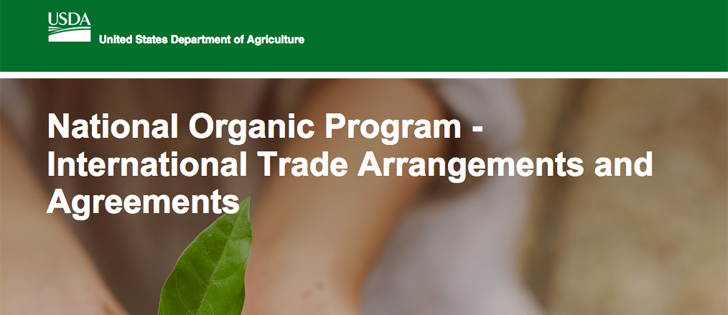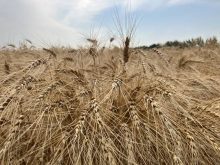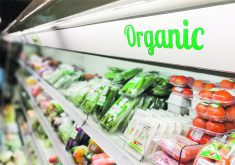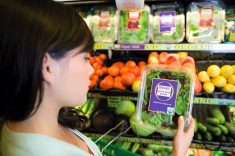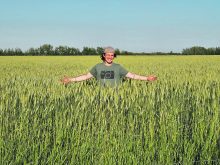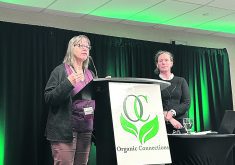Organic food imported into America may not be organic because the system for monitoring imports is deficient, says the U.S. Department of Agriculture.
In a report released Sept. 18, the USDA Office of Inspector General (OIG) found major flaws with the existing system. (PDF format)
OIG representatives visited seven U.S. ports and determined that the USDA’s Agricultural Marketing Service, which oversees organic rules and regulations, isn’t doing enough to monitor the validity of organic food imports.
Read Also
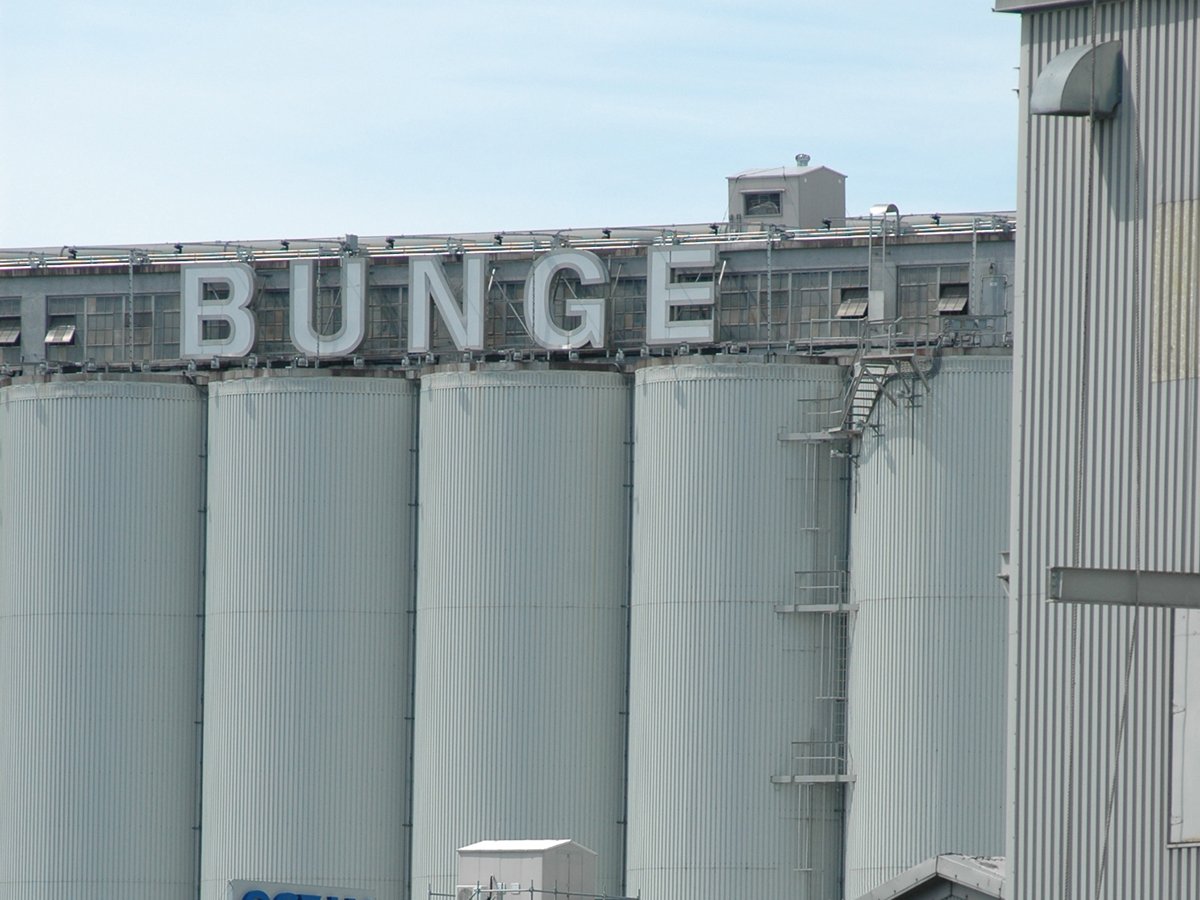
Bunge’s crop mix is changing
Bunge has predominantly been a soybean processing firm, but that’s about to change after the merger with Viterra with softseed processing and grain merchandising gaining ground.
“(The) AMS was unable to provide reasonable assurance that … required documents were reviewed at U.S. ports of entry to verify that imported agricultural products labelled as organic were from certified organic foreign farms and businesses that produce and sell organic products,” the OIG said in its report.
“The lack of controls at U.S. ports of entry increases the risk that non-organic products may be imported as organic into the United States. (This) could create an unfair economic environment for U.S. organic producers.”
The finding confirms what the Washington Post reported earlier this year. A Post article focused on three fraudulent shipments of organic corn and soybeans that entered American ports.
One of the shiploads was 36 million pounds of soybeans that originated in Ukraine, shipped through Turkey and arrived at port in Stockton, California.
The beans started the journey as conventional feed but earned an “organic” label during the trip, increasing the value of the shipment by $4 million, the Post said.
Imports of organic foods, particularly feedgrains, are common in North America because Canada and the United States may not produce enough feedgrains for the organic livestock trade.
“There’s a shortage across the board in North America…. There’s a shortage of all organic grains. That includes feed and food grade,” Becky Lipton, executive director of Organic Alberta, said in 2016.
Spokespeople for Canada’s organic industry have maintained that fraudulent imports are rare and that organic producers in other countries follow equivalent standards as Canadian organic farmers.
The OIG investigators concluded that may or may not be true because equivalency agreements in the organic trade are not “transparent.”
Countries like Canada and the U.S. have agreements in place to verify that organic farming standards in other nations are equal to practices in North America.
Organic standards can vary from country to country, but the U.S. system doesn’t release sufficient information on how the standards are different, the OIG said.
As well, the OIG determined that imported organic food is sometimes fumigated at ports of entry to prevent the spread of unwanted diseases or pests into America.
Contact robert.arnason@producer.com


